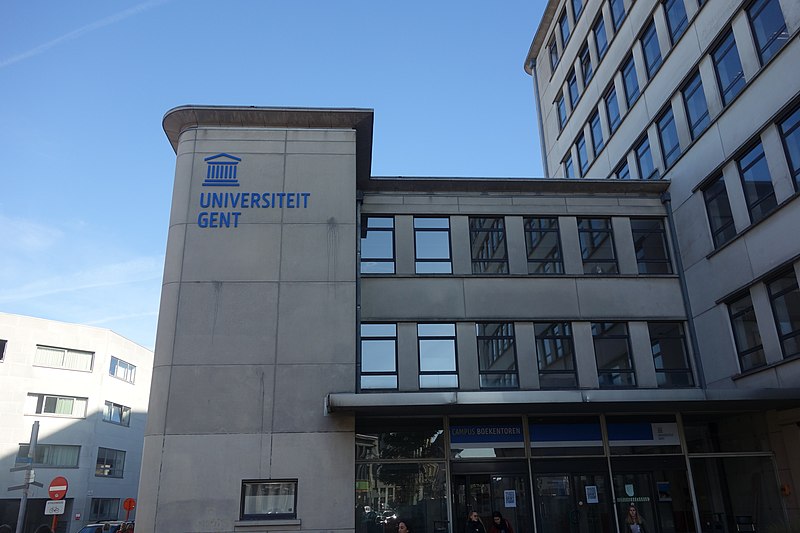
The Flemish government has turned down proposals from various universities seeking to introduce English-language master's programs. Despite receiving a positive assessment from the
relevant committee, KU Leuven, UGent, and VUB were denied authorization to deviate from the existing language regulations, as reported by De Standaard on Monday.
"We will never permit the dilution of Dutch in our higher education," declared Flemish Education Minister Ben Weyts of the Flemish nationalists N-VA in response to the universities' applications for 10 English-language master's programs. These programs primarily focus on specialized fields such as nanotechnology, applied computer science, artificial intelligence, and physics.
Under the current language regulations, it is mandated that there must be a Dutch-language counterpart for every English-language master's degree. The universities sought to waive this requirement for certain courses. "In addition to offering programs in English, we must maintain Dutch-language options," asserted Weyts.
Ongoing Discourse
This isn't the first instance of Flemish universities facing rejection for language modifications. Last year, several universities proposed 19 master's programs that would no longer be conducted in Dutch, including a civil engineering program exclusively taught in English across three universities. Weyts reiterated his stance, emphasizing that Flemish students have the right to receive a quality education in their native language, from primary school to university.
"In fields with significant research intensity, organizing Dutch-language master's programs imposes considerable demands on the curriculum," noted Jan Danckaert, rector of VUB and president of the Flemish Inter-University Council (Vlir). "It entails significant efforts, even when few or no students enroll."
According to Danckaert, it is in the interest of the Flemish government to ensure the strength of these programs. "We acknowledge the minister's concerns, but the sectors where these students are employed operate within a multilingual environment. English serves as the predominant language, and companies in Flanders and Brussels, such as the nanotech research center imec, require skilled professionals. Without adequate training opportunities, they may seek talent abroad."
Weyts indicated that a compromise would be incorporated into the forthcoming education decree. Photo by Vysotsky, Wikimedia commons.



































